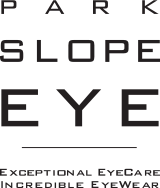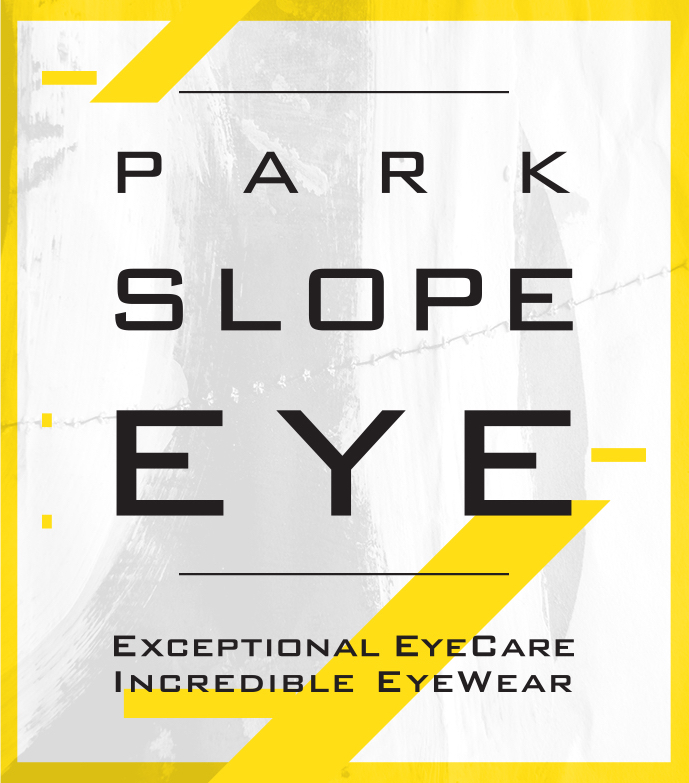Constant tear production is an essential component of good visual health. Tears keep your eyes moisturized and free from potentially harmful foreign matter. When your eyes fail to produce sufficient tears, or the quality of your tears is compromised, you may develop dry eye syndrome. Here, Park Slope Eye, your trusted eye care clinic in Brooklyn, New York, discusses the causes and risk factors of this condition in detail.
Common Risk Factors
Individuals aged 65 years and above and postmenopausal women are more prone to developing dry eyes. Spending time in dry, windy, or arid places can also put you at risk, as can smoking—cigarettes contain chemicals that may affect your eyes’ lubrication. Looking at your computer screen or other electronic devices for too long and wearing contact lenses for longer than the prescribed time are other risk factors.
Causes and Types
According to our trusted eye specialist in Brooklyn, NY, your tears consist of three layers. The mucus layer, found in the innermost part, helps distribute your tears evenly across your eyes; the middle, watery layer ensures lubrication; and the outermost layer contains lipids that produce oil to prevent your tears from evaporating too quickly.
Deficiencies or irregularities in any of these layers may lead to either of the two major classifications of dry eyes: aqueous or evaporative. With aqueous deficiency, the middle layer fails to maintain an adequate amount of water, while evaporative dry eye occurs when your tears evaporate too soon.
Our Recommended Management
Treatment for dry eye varies depending on the underlying cause of the condition. If you suspect you may be experiencing dry eye syndrome, visit us for a comprehensive eye exam so we can identify what is causing your dry eyes and provide an effective treatment method.
To improve your visual comfort, we may suggest applying warm compresses or artificial tear drops as part of proper eye care in Brooklyn, NY. If symptoms persist, we may recommend inserting punctal plugs to block your tear ducts and prevent tears from draining.
For more information on dry eyes, call us at (347) 380-7070 or send us a message. You may also complete our form to schedule an appointment.








